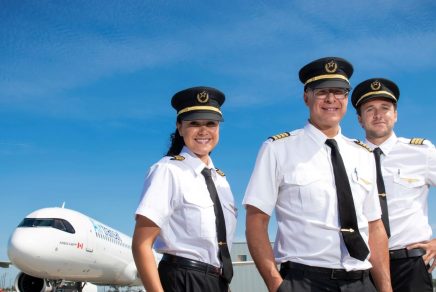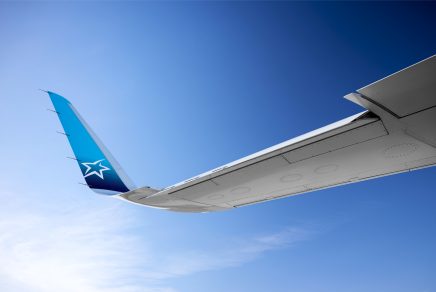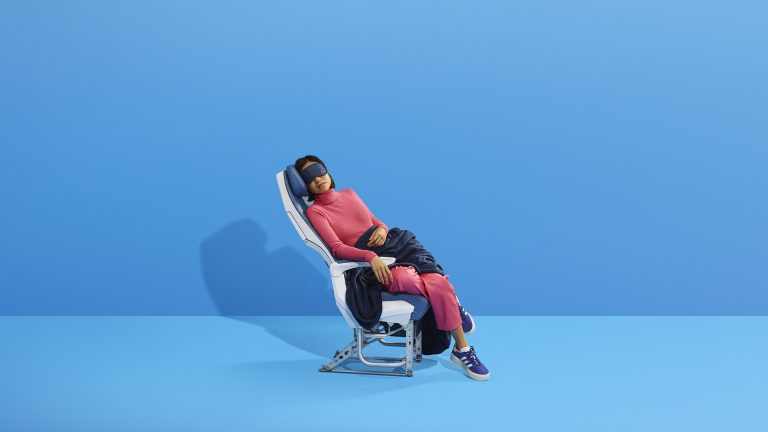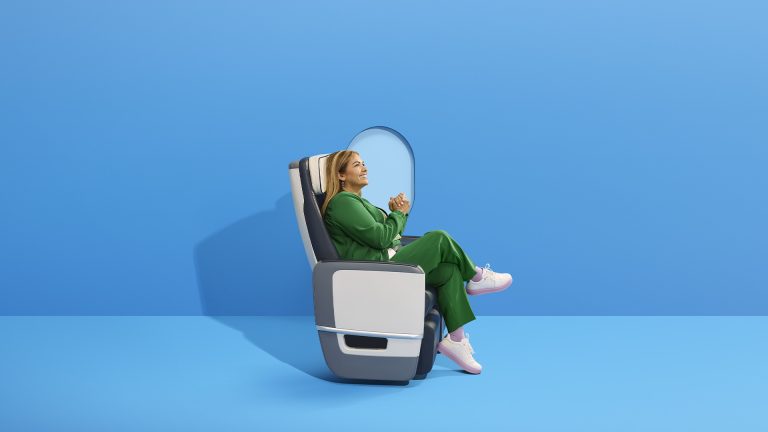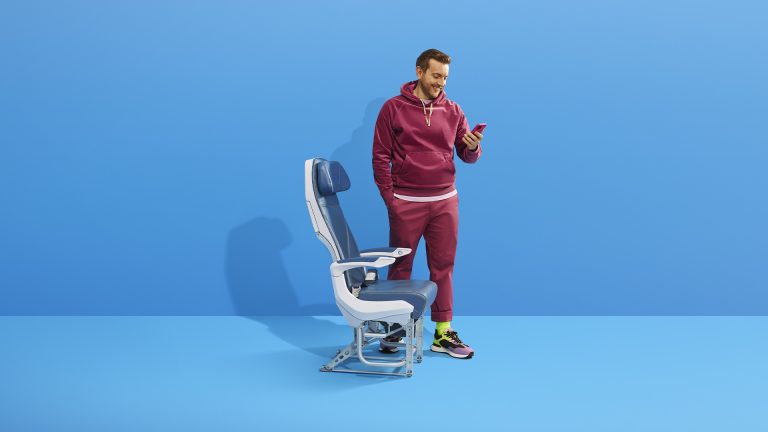Pilots, essential figures in aviation, often remain in the shadows. We hear their reassuring voices, we see them in airports, we imagine their lives across the globe, but do we truly know them? Rarely. The exception to this rule is Commander Robert Piché. His name has been etched into collective memory since that miraculous landing in the Azores in August 2001, when he glided for 120 kilometers over the Atlantic, engines out due to fuel starvation.
While this feat propelled him to hero status and instant celebrity, it also unexpectedly transformed his life. “People don’t realize the pressure that comes with it,” confides the man who humbly describes himself as “an ordinary man to whom something extraordinary happened. I didn’t become a pilot to be recognized on the street like an actor.”
On October 1, 2017, after a 45-year career, including two decades with Air Transat, Robert Piché hung up his cap following his final transatlantic flight at 65 years old. We met with him to gather his insights on a life spent between sky and land.
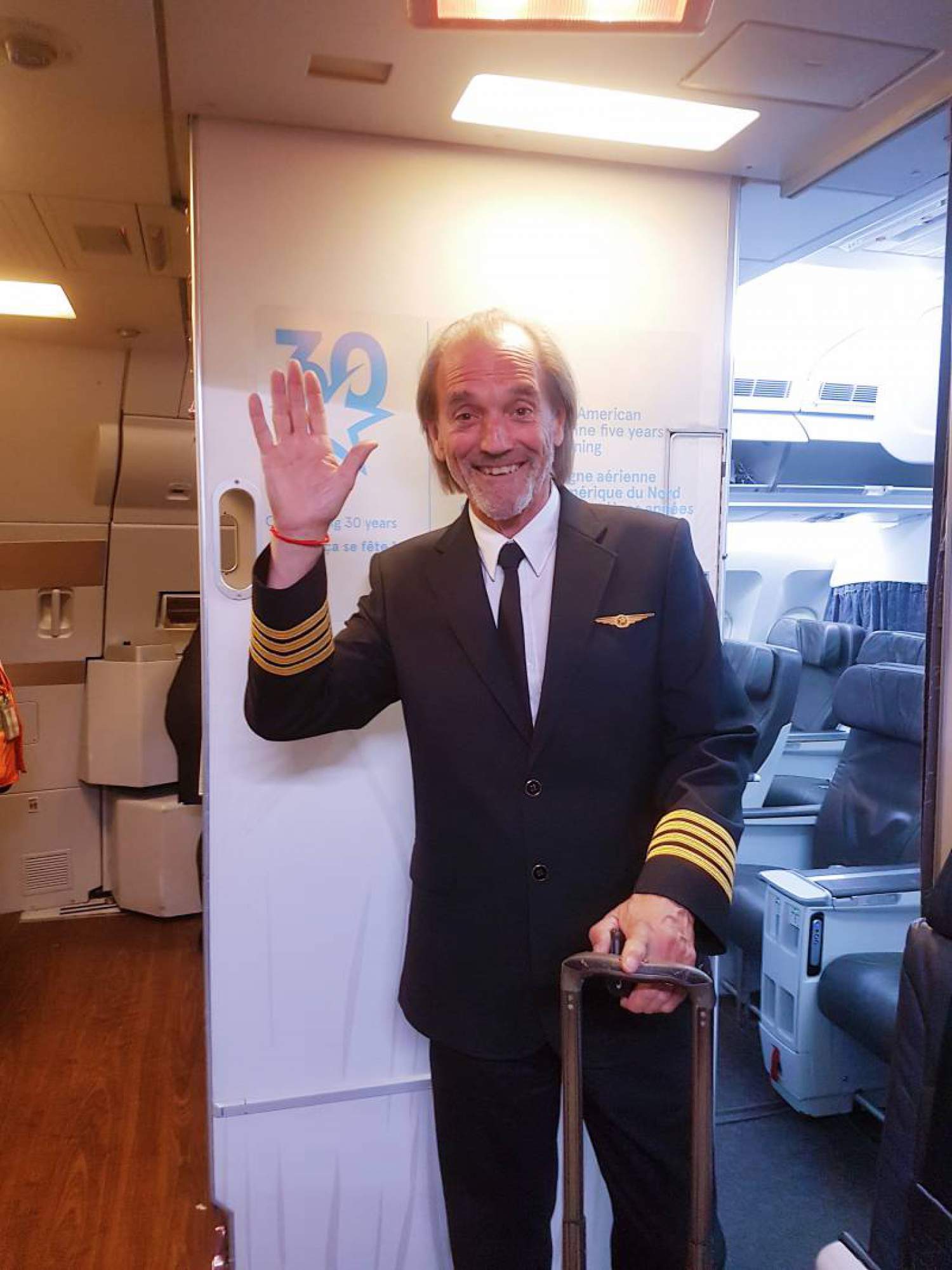
From aspiring traveler to aviation icon
Robert Piché’s childhood dream wasn’t necessarily to fly planes, but rather to travel the world. “Before my piloting courses, I enrolled in international law at CEGEP, just so I could travel,” he says with a smile. For him, travel was paramount. Aviation came later, transforming that thirst for discovery into a true passion.
Becoming an airline pilot in Canada long seemed like a distant dream for Piché. “When I was young, there weren’t many opportunities. There was only one airline, and positions were mostly reserved for English speakers.”
A key moment made him realize he had finally achieved his goal. Having long harbored a fascination for Singapore Airlines pilots, a symbol of a dream that seemed unattainable, he recalls another memorable landing:
“I landed in Amsterdam right behind a Singapore Airlines Boeing 747. He was coming from Singapore, I was from Vancouver. Although we came from different cities and cultures, we had probably traveled the same distance and landed at the same airport. It was then that I realized I had arrived in the big leagues.”
Let’s talk travel
Robert Piché has had the chance to travel the world, visiting some destinations dozens of times. Among his favorites, France holds a special place. “I appreciate that they speak French there. Paris, Nice, Marseille… I never get tired of them. Paris, I have to say, is truly special. Even after 250 visits, I’m always happy to go back. I loved it when our layover hotel was in the Saint-Michel quarter.”
India is another of his favorites. “I’ve been there five times, and I plan to go back. It’s a huge country to discover, impossible to visit just once! I particularly like the organized chaos in Delhi.”
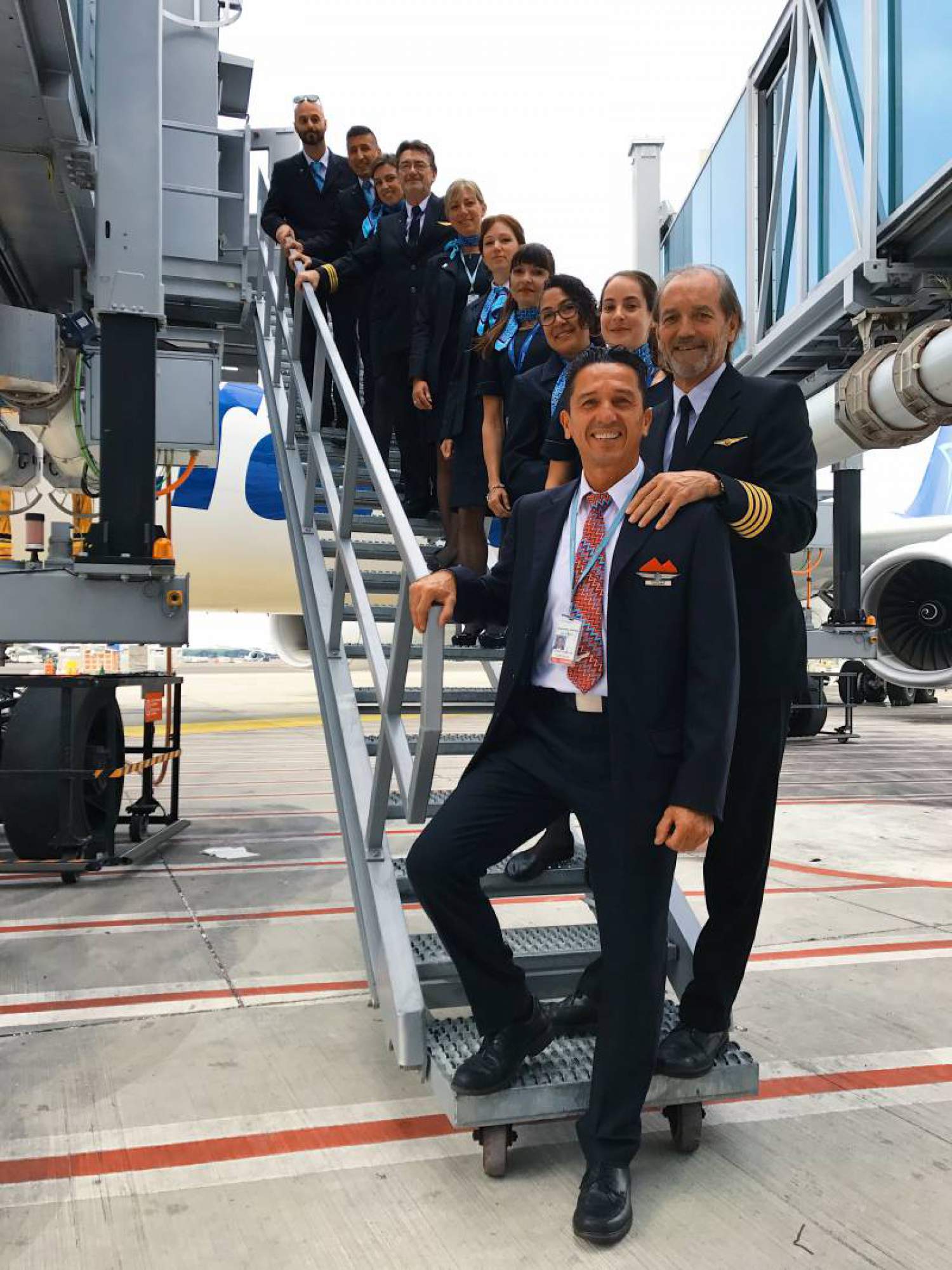
For his layovers, he also has well-defined preferences. “For the ambiance, music, and festive spirit, I love Dublin. But to rest, Athens is perfect. It’s affordable, there’s a lot to do, and the Greek islands are easily accessible. And in the middle of winter, nothing beats a two-day sunny layover in Punta Cana.”
A sign that even after so many years of flying, his passion for discovery remains intact. “That’s why I do this job!” he exclaims, a touch of nostalgia in his voice.
Now newly retired, new horizons are opening up for him. He plans a two-month trip to northern Vietnam, Laos, and Cambodia with his wife. And an even more unusual project: three months next summer aboard a cargo ship between Delhi and New York. “I need to know what it’s like to live quietly for three months, alone, without being recognized, without being judged!” he says, laughing.
Conquering the world’s toughest runways
The commander, who has a reputation as an “operator” who enjoys maneuvering the aircraft he pilots, doesn’t hesitate long when asked which airports offer the most beautiful challenges. He cites Costa Rica, where the presence of mountains adds excitement in case of electrical storms.
He also mentions the world-renowned Saint-Martin runway, flanked by the beach and mountains. “On this runway, it’s essential to touch down at the very beginning, because it’s very short, and to turn quickly right if you can’t land early enough. That’s the kind of landing I like. I even landed at Saint-Martin at night with an A330 back in the day!” he adds, with a touch of pride.
The most beautiful landing? “Nice, without a doubt! On one of the runways, you arrive at 90 degrees with the city center, then you make a last-minute turn. The city and the airport are at water level, and with the 8,000-foot (2,500-meter) mountain right behind, it’s truly impressive.”
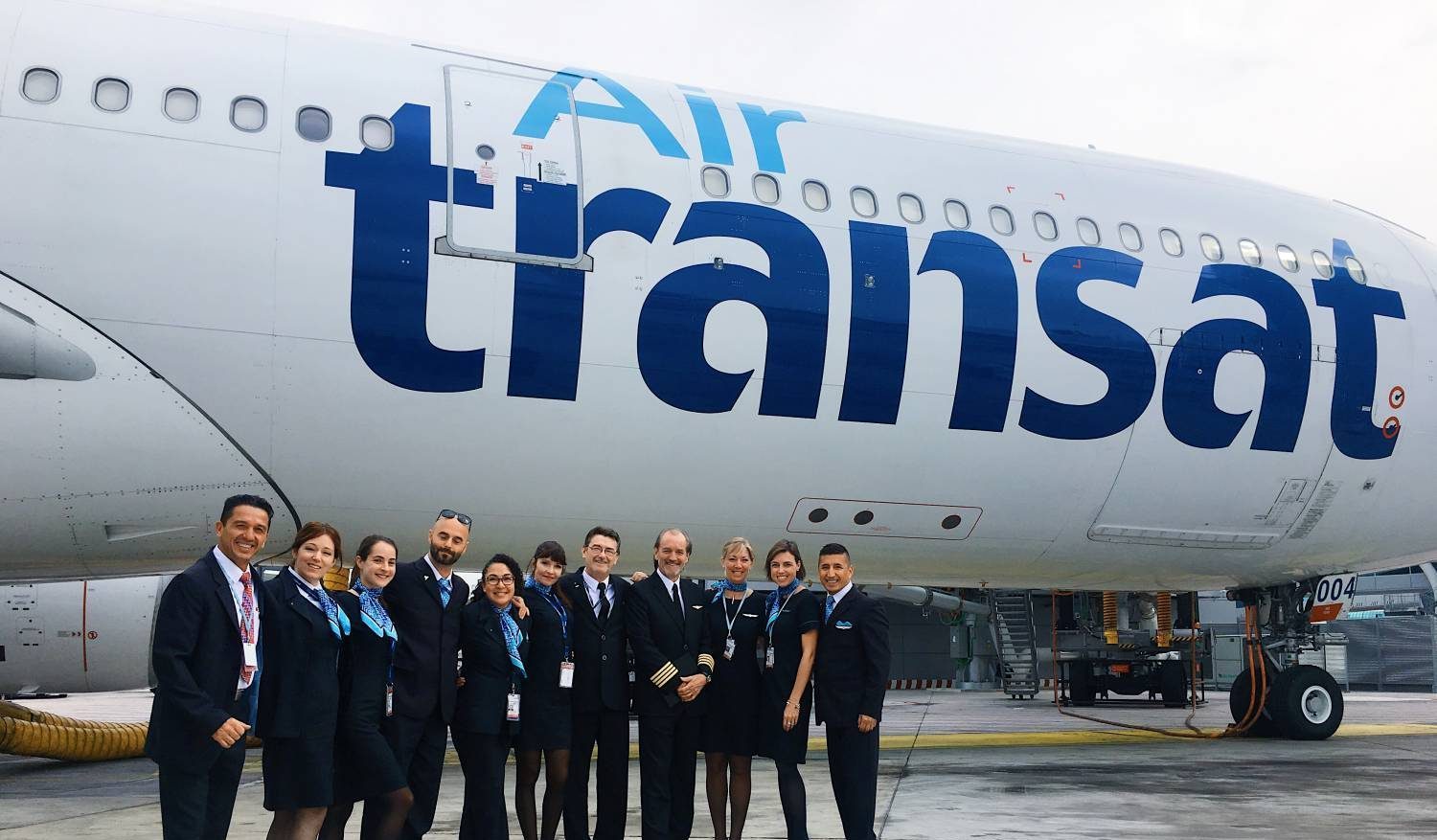 Photo credits: Air Transat
Photo credits: Air Transat
Is a pilot’s life for you?
Despite his passion, Commander Piché is categorical: the piloting profession, and especially that of a commander, isn’t for everyone.
“First, shed the stereotypes. While a pilot’s life offers global travel and fine hotels, it’s far more demanding than it appears. You need an unwavering passion for aviation and immense perseverance, especially given the expensive training and less-than-glamorous early career years. Expect to put in the time. However, for those who commit, this line of work eventually offers magnificent opportunities and truly rewarding conditions at major airlines like Air Transat. It’s a path for those prepared to navigate the initial difficulties to reach the best the profession has to offer.”
In addition to passion, a pilot must possess two essential qualities: leadership and common sense. And pilots’ egos, myth or reality? “It’s true you need a big ego to become a commander in a major airline. But you also have to know how to leave it outside the flight deck, because an ego doesn’t make good decisions.”
What he loved most about his job? Travel, without hesitation. “You have incredible freedom. And the advantage, compared to a family that travels once a year, is that you’re less rushed. If I can’t explore a neighborhood this time, I’ll do it on the next layover.”
Beyond travel, he appreciates the autonomy.
“On board, it’s a team effort, absolutely. But ultimately, the commander holds the reins. I love that unique blend of collaboration and complete autonomy. As long as I perform, my decisions are the ones that count, and that’s a freedom I truly value.”
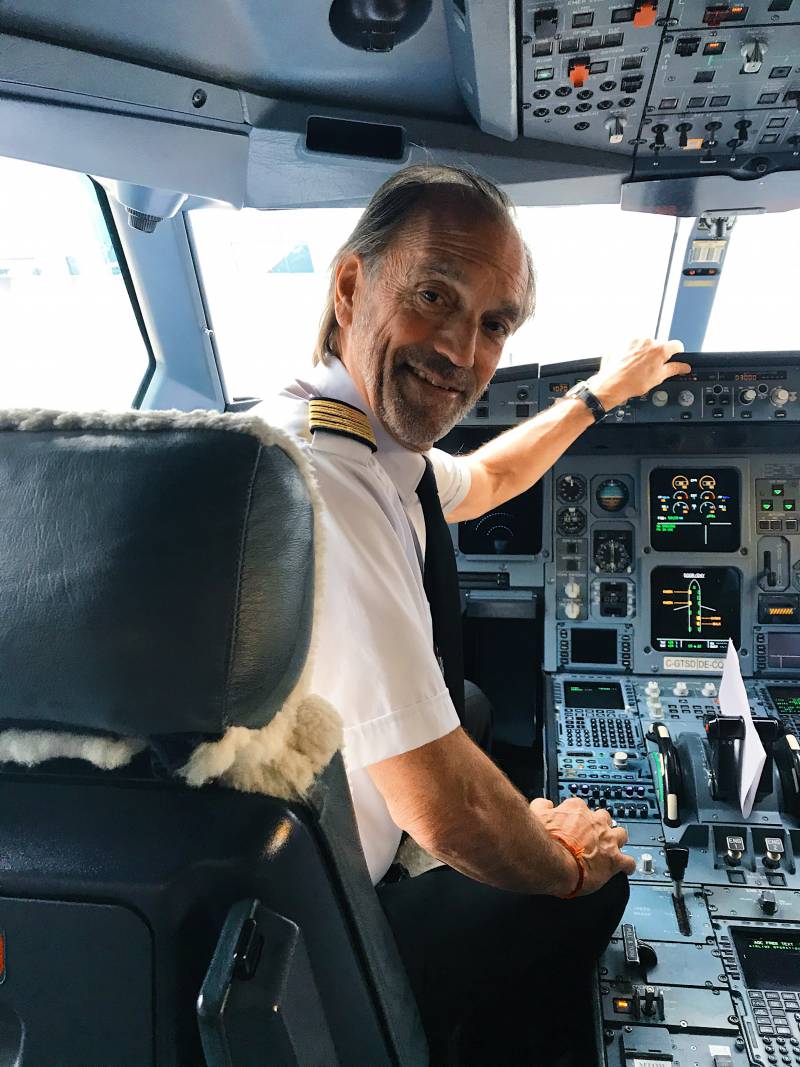
Air Transat: a pilot’s perfect landing
Robert Piché is grateful to Air Transat, an airline based in Montreal, a French-speaking city. “I have the chance to practice my profession internationally, to travel all over the planet aboard the most sophisticated aircraft, while being based in Montreal and being able to speak my native language at work.”
“I can’t thank Air Transat enough for giving me the opportunity to work for them and become the pilot I am today. Because I wasn’t destined for that—Air Transat allowed me to fulfill my dream. Without Air Transat, I don’t believe I would be in the same state of mind today. It allowed me to end my career beautifully.”
We wish you a well-deserved retirement, Captain Piché!




